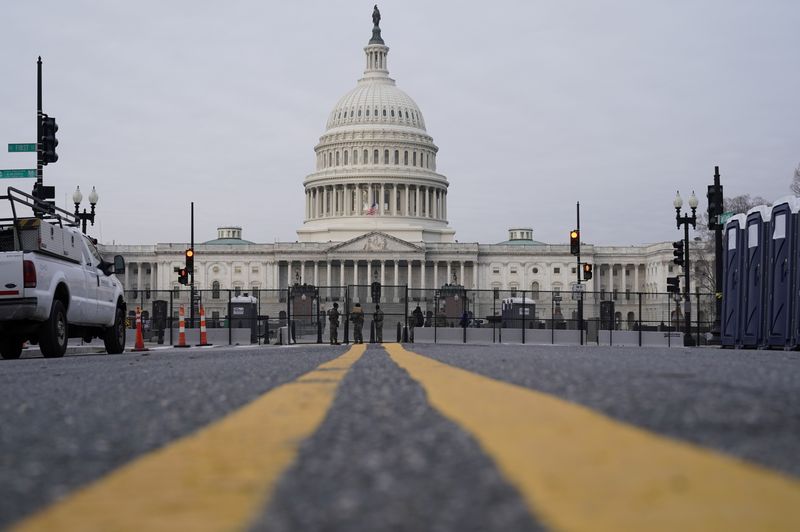By David Shepardson
WASHINGTON (Reuters) - Two U.S. House panels will vote Wednesday on a plan to provide about $57 billion in assistance to transportation sectors and workers as part of a $1.9 trillion COVID-19 relief plan.
Reuters first reported on Monday many of the details of the plans to provide new assistance to U.S. airlines, transit systems, airports and passenger railroad Amtrak and create a $3 billion program to assist aviation manufacturers with payroll costs.
The $1.9 trillion COVID-19 relief proposal calls for $30 billion for public transit agencies, $14 billion for passenger airlines, $8 billion to U.S. airports and concessionaires, $1 billion for airline contractors, $1.5 billion to Amtrak and $3 billion for a temporary payroll support program for aerospace manufacturing, the legislation says.
"This plan takes another critical step toward preventing essential systems from collapsing under the weight of the pandemic and will help to keep millions of Americans out of unemployment lines," said Representative Peter DeFazio, who chairs the House Transportation and Infrastructure Committee that will vote on most of the provisions.
President Joe Biden had proposed just $20 billion for struggling U.S. transit agencies - and nothing for airlines or airports.
Transit agencies have previously been awarded $39 billion in emergency assistance by Congress. Airports and concessionaires previously received $12 billion.
The $30 billion for transit includes $26.1 billion in grants for transit agencies located in areas with 50,000 or more people, $280.9 million for rural transit agencies, $100 million for rural intercity bus service and $2.2 billion for the administration to allocate to transit agencies with greatest needs.
Democrats rejected a $40 billion request by a group representing private bus and ferry companies.
U.S. airlines have been awarded $40 billion in payroll support since March. The additional $14 billion will keep nearly 30,000 airline workers on the job through Sept. 30.
On Wednesday, the House Financial Services Committee will consider the $14 billion for airline workers and $1 billion for contractors.

The $3 billion aerospace manufacturing program would provide a 50% government subsidy to cover pay, benefits and training for employees at risk of being furloughed or who were furloughed due to the pandemic.